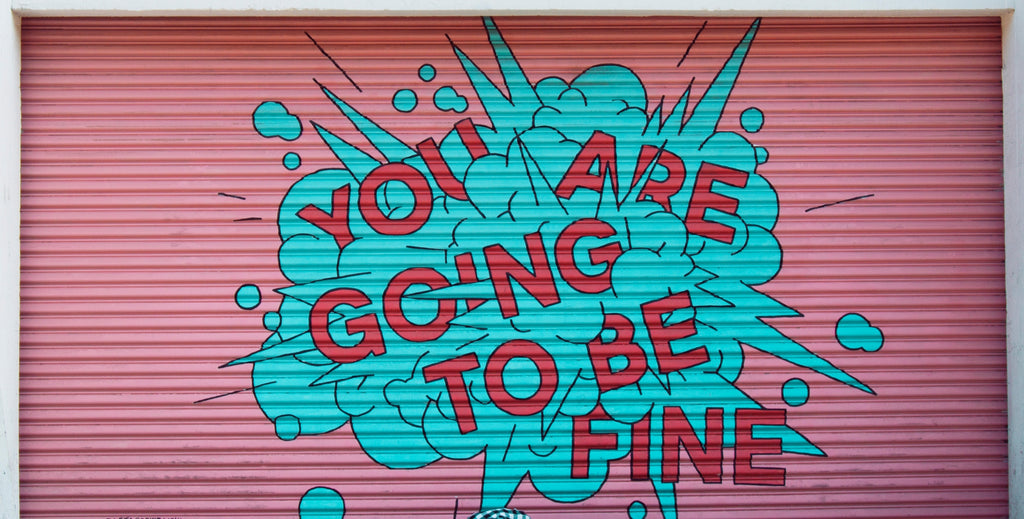What is normal? Is it time to settle into accepting that some things just come with the aging process? Or not?
There is a difference between biological and physiological age. if you'd like an idea of your Real Age follow this link to take the test. The test is interesting in what it does and does not consider. It asks about lifestyle and medical choices, but not about family history. So how much is genetic and how much can we affect by how we live?
In his article Bruce Horovitz from Kaiser Health News quotes, Dr. Thomas Gill, a geriatrics professor at Yale University, as saying,
"The physiological changes that occur with aging are not abrupt, the changes happen across a continuum as the reserve capacity in almost every organ system declines".
Gill and three geriatric experts help to identify examples of what can be considered signposts of normal aging for folks who practice good health habits and get recommended preventive care.
The 50s: Stamina Declines -
"In your 50s, it starts to take longer to bounce back from injuries or illnesses," says Stephen Kritchevsky, 57, an epidemiologist. "There often can be a slight cognitive slowdown in your 50s, too."
The 60s: Susceptibility Increases -
"People age 65 and up are encouraged to get vaccines for flu, pneumonia, and shingles: susceptibility and negative response to these diseases increase with age. Vaccines are critical as we get older," Gill said
The 70s: Chronic Conditions Fester -
As we get older the list gets longer too.
Chronic conditions like hypertension and diabetes are increasingly diagnosed.
Bone loss increases along with decreasing muscle mass, which means more susceptibility to sustaining a serious injury or fracture in the event of a fall.
Hearing Loss increases and is seen more in men than in women.
The 70's is also the decade when a lot of people begin taking multiple medications, being mindful about drug interactions and side effects is essential.
The 80s: Fear Of Falling
"In your 80s, living in your own home, chances that you might fall in a given year grow"' said Kritchevsky.
The 90s & Up: Relying On Others
"By age 90, people have roughly a 1-in-3 chance of exhibiting signs of dementia caused by Alzheimer’s disease, said Gill, citing a Rush Institute for Healthy Aging study. The best strategy to fight dementia isn’t mental activity but at least 150 minutes per week of “moderate” physical activity, he said. It can be as simple as brisk walking.
This can seem like a stark, even harsh list. It is important to note that in one generation what was expected at 60 has become what is expected at 70 and so on. Most importantly there are actions you can take to make all your years as good as possible. Remember the lessons from The Blue Zones, you can see the details on their site:


